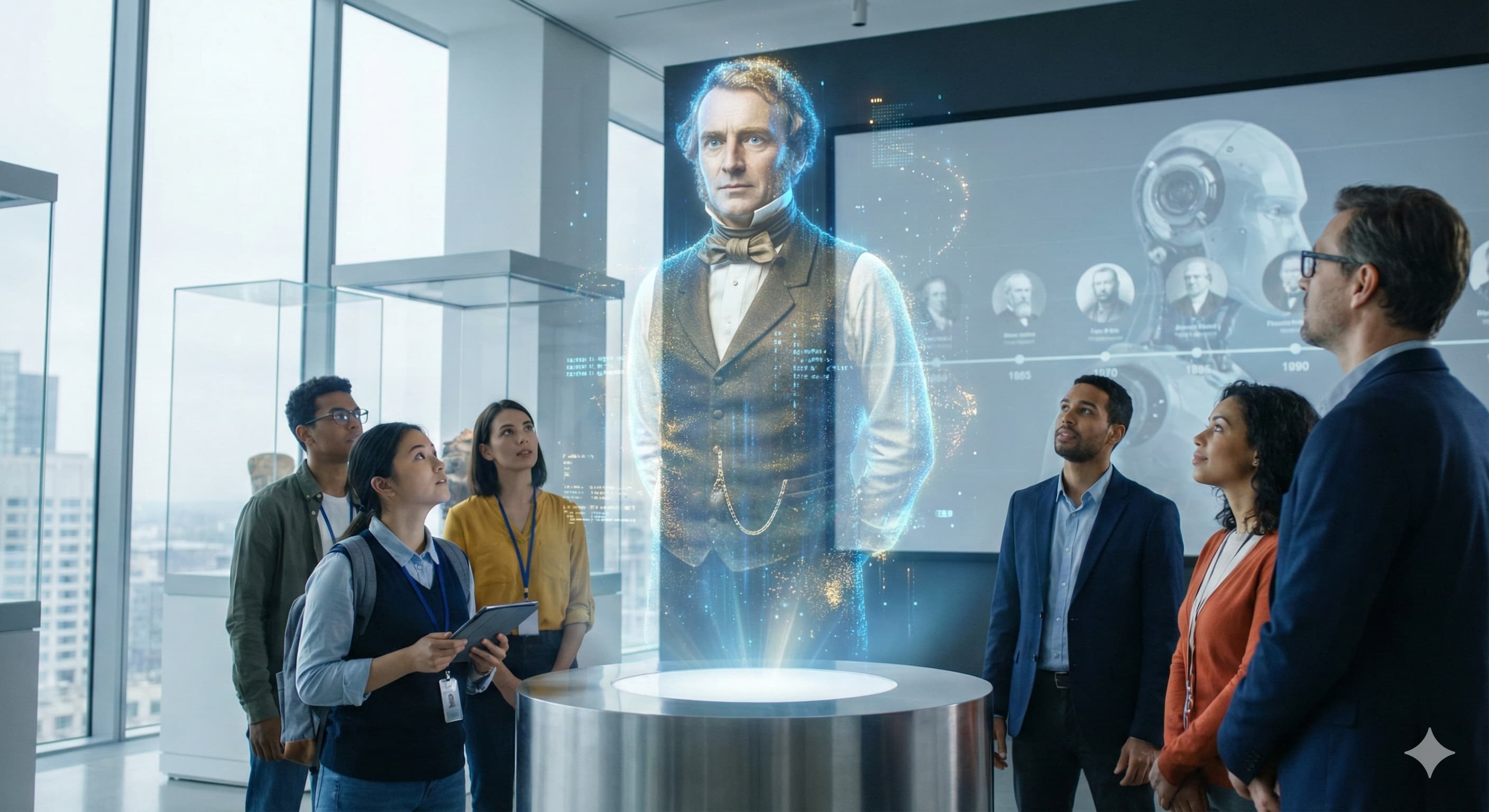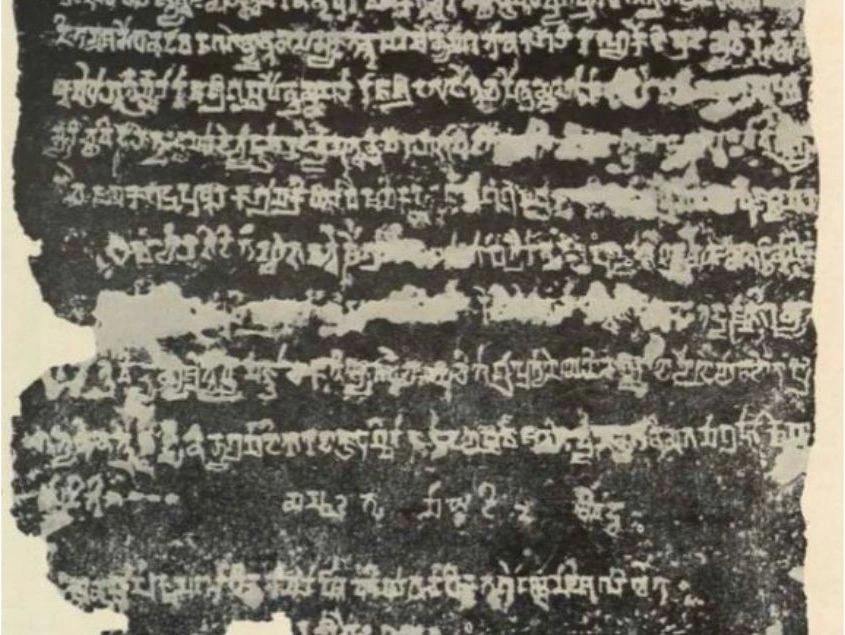Is it possible to create an ontology that could serve as the basis for describing the history of humanity using AI?
Building an Ontology as the Foundation for AI-Driven Insights into Human History
Ontologies are structured representations of knowledge in a specific domain. They define concepts, relationships, and properties in a way that facilitates logical reasoning and inference, thereby enhancing AI's ability to work with data.
For using AI in the ambitious task of creating the digital footprint of human history, developing an ontology is a mandatory step. This is a multidisciplinary task requiring collaboration between historians, linguists, and AI specialists. And the task, of course, is not simple.
Challenges in Creating an Ontology for AI to Analyze Historical Data
Here are some challenges that arise in attempting to create an ontology for AI to work with historical data:
1. Complexity and diversity of historical data.
Creating ontologies in areas where data is structured, standardized, and has low interpretive ambiguity is labor-intensive but solvable.
Historical data varies in its diversity and multi-level nature, including texts, artifacts, historical records, and more. Creating an ontology capable of covering all this complexity is a non-trivial task.
Here is the quote Dr. Alexis Litvine (a Researcher at The Cambridge Group for the History of Population and Social Structure (CAMPOP), who emphasized a major problem in creating an ontology that would be agreeable to historical scientists:
“I work sometimes with ontologies for very specific mapping exercises, where in that case I'm mapping historical objects and already giving a group of French historians or specialists in that particular subject to agree on one ontology has proven an absolute nightmare. And I'm talking about there are probably 20 people in the world or in France who still do that. There are like four ontologies that disagree. How are you going to make people agree with your ontology?”
2. Historical data often allows for multiple interpretations.
Ontologies must be designed to account for these multiple perspectives and interpretations. Is this even possible in principle? Won't it eventually require such a degree of simplification that it becomes unacceptable for historical science?
3. Constant expansion of the array of data available for inclusion in the dataset.
A problem in creating a unified ontology for historical science is the processing and integration of a diverse array of historical data, especially in light of potential breakthroughs in handwriting recognition.
Dr. Leonardo Impett, University Assistant Professor in Digital Humanities, in a discussion on the task of creating the digital footprint of human history, articulated this problem:
“One thing that might influence that is if handwritten text recognition suddenly becomes extremely good and multilingual and can deal with paleographic problems, etc. And then suddenly you have the Florence State Archive all digitized, all becomes accessible. And that's then much more difficult to sort of ontologize than, say, Wikidata. So it starts to raise questions about the stack and how you put the stack together and how the ontology relies on assumptions about what kind of data you need and how the data will be accessed.”
4. Language and cultural barriers.
Historical data is often presented in different languages and reflects various cultural contexts. Is it possible to create an ontology that can adequately work with such data and understand its specifics?
5. Standardization challenges.
There is complexity in creating standards for ontologies, especially in such a diverse and multidisciplinary field as history. It is necessary to reach a consensus on what terms and concepts should be used.
6. Ethical and moral questions.
When working with historical data, it is important to consider ethical aspects, such as minority representation and respect for historical subjects. This requires a careful and thoughtful approach when creating an ontology.
7. Preserving context and nuances.
Historical data often contains subtle nuances and context that may be lost in the attempt to formalize data for AI.
Overcoming Challenges in Ontology Creation for AI-Enhanced Historical Research
These problems can be overcome. The key to solving them lies in the belief of the main stakeholders, especially historians, in the potential of AI to create a comprehensive narrative of human history. If historians, linguists, and AI specialists can come together to reach an agreement and develop a structured representation of historical knowledge, these obstacles can be overcome.
The successful creation of an ontology for historical sciences, capable of enhancing the abilities of AI in processing and analyzing historical data, depends on the combined efforts and collective faith in the transformative power of AI in historical research.


%20(1)%20(1).jpg)






